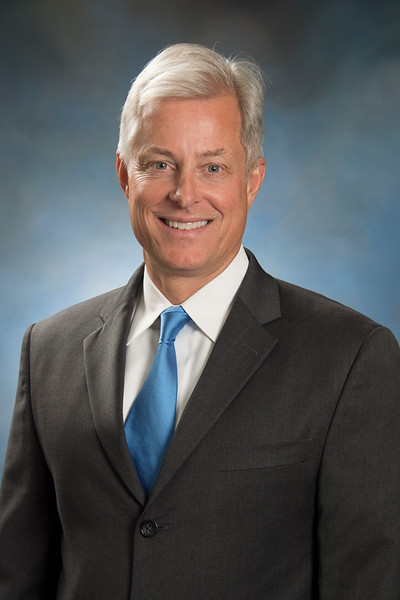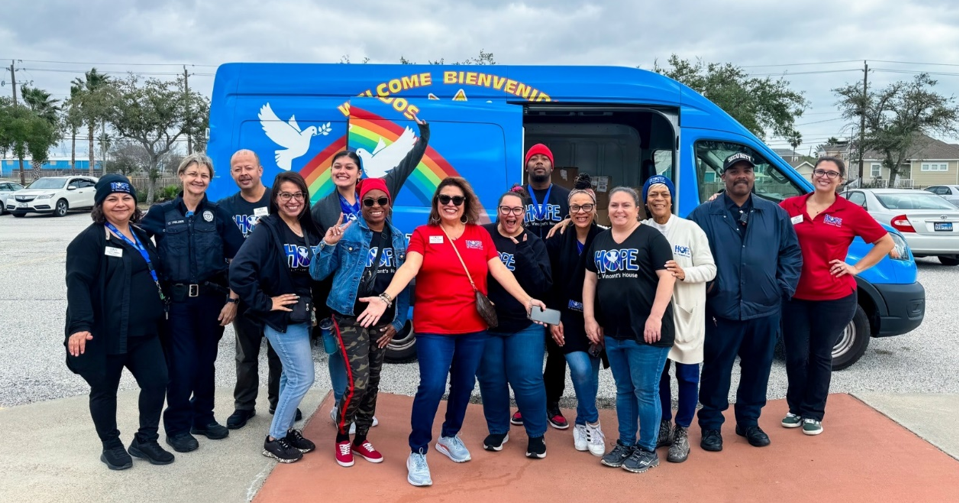
Op-Ed: Early Childhood Education Programs Crucial for the Future of Texans

By: Ross Moody, trustee of the Moody Foundation and Chairman and CEO of National Western Life Group
A fundamental issue that is limiting the ability of Texans to reach their full potential is the lack of early education funding and focus. Various government, non-profit, and community organizations are already funding several early childhood programs in the state, but there’s more that needs to be done to ensure high-quality, sustainable education for our youngest and most impressionable citizens.
During the 2019 session, the Texas Legislature advanced school finance reforms that would put more money into classrooms to accelerate student achievement and promote teacher quality, including full-day pre-K for eligible students and teacher salary increases. This is an important step in the right direction, but there’s still more we can do to help fully address early childhood education.
Currently, Texas lags behind much of the country in funding early education and doing more to ensure higher quality teaching and programs. According to a report from the National Institute for Early Education Research, Texas ranks 35th in the country for per-student spending and meets only four of ten quality standards, falling short on issues, such as class sizes, student-teacher ratios, offering professional development opportunities for faculty, and requiring assistant teachers have certifications in child development. Texas needs to adopt these standards to not only help children prepare for school and their future careers but also better equip our educators.
Charitable organizations and other philanthropies have a unique opportunity to fill in the gaps of our educational system for current and future generations of Texans. We are not as weighed down by bureaucratic barriers and can seize the opportunity to effect change by funding aspirational programs that make a substantial impact.
One good example of this principle being put into action is through the educational system in Galveston, home of the Moody Foundation. For years we’ve witnessed few coordinated programs on the island that offered opportunities for building students’ achievement. As trustees, Francie, Elle and I knew we had a responsibility to advance educational attainment in Galveston, leading to the public/private partnership with Moody Early Childhood Center (MECC) and the creation of the Generation Moody Education Initiative.
MECC opened in 2016 and was the first program of its kind on Galveston Island, offering financially accessible, high-quality early childhood development to children ages six weeks to three years and family advocate resources to strengthen parenting skills. Studies show low-income toddlers are six months behind in their language processing skills before they enter pre-K. MECC’s goal is to help these children thrive by the time they reach kindergarten, developing their cognitive and communication skills, vocabulary, social and emotional skills, math, and language skills.
Since its inception, the center has been lauded as a model for other low-income, early education programs and has been replicated across the state of Texas in cities such as Houston and Dallas.
The Moody Foundation trustees also recognized the importance of a “cradle to career” educational focus. In early 2018, the Moody Foundation launched Generation Moody to create an educational attainment program that enriches the lives of students in the Galveston area, regardless of a family’s ability to pay. This program guides each and every Galveston Island student from early childhood to adolescence to adulthood, ensuring their future success.
Through the Generation Moody Education Initiative, the Foundation has awarded more than $28 million to local educational organizations aimed at increasing student success in areas focused on literacy, science, technology, and math. As an example, SMART Family Literacy’s (SMART) mission is to educate young children who often have medical issues or special needs. To improve family literacy, they host ongoing book drives and family engagement events to bring parents and children together to read. Since 2018, SMART has donated over 40,000 children’s books to encourage family reading.
As a Moody Foundation trustee, I’m humbled that our organization is playing a role in early childhood education efforts in Texas. We know there’s a larger movement across the state and the country with organizations already implementing amazing programs to address this critical need. For instance, Texas Education Agency’s Early Childhood Education Division is focused on preparing young children for future success in school. The Caplan Foundation for Early Childhood was created in 2014 to fund innovation and research to improve the quality of early childhood teaching and learning.
On a statewide level, we as citizens need to work together and support this movement to further early childhood education programs. Education is crucial to maintaining the vitality of any community. Bettering society starts with the improvement of our educational systems, and giving our youngest citizens a solid foundation to build on must be a top priority.




